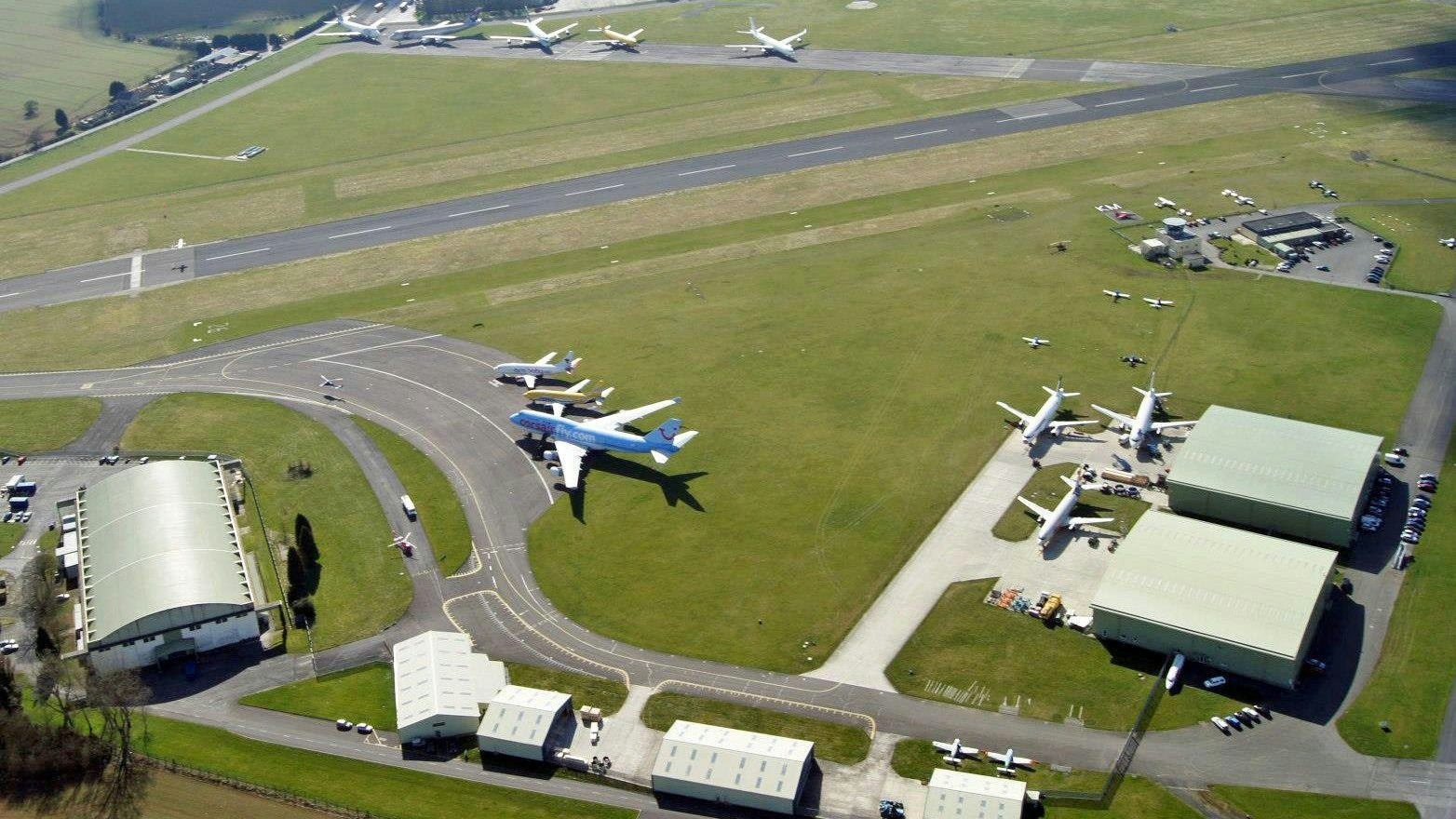AeroGenie — Your Intelligent Copilot.
Trending
Categories
Young Aircraft Retired Early for Engine Salvage

Young Airbus Jets Retired Prematurely Amid Engine Shortage Crisis
A notable and unconventional trend has emerged in the aviation industry as a growing number of relatively young Airbus A320neo family aircraft are being retired after just six to eight years in service. This early retirement is driven by a critical shortage of Pratt & Whitney geared turbofan (GTF) engines, which has forced airlines to dismantle entire aircraft to salvage these valuable components. The shortage originates from manufacturing defects linked to contaminated powdered metal, a problem that has grounded a significant portion of the global A321neo fleet and continues to disrupt airline operations worldwide.
Despite Pratt & Whitney’s efforts to address the issue through a comprehensive inspection program launched in 2023, the backlog for engine repairs and upgrades is not expected to be resolved until 2027. Faced with grounded aircraft and tight operational schedules, airlines and lessors have resorted to an unusual solution: parting out relatively new jets to harvest their engines, which have become a scarce and highly prized commodity.
Economic Pressures Reshape Industry Practices
The financial dynamics underpinning this trend are remarkable. Upgraded Pratt & Whitney GTF engines now command market values of approximately $20 million each and can lease for over $200,000 per month. Given that each aircraft requires two engines, the combined lease value of the engines nearly equals the value of the entire airplane. In many cases, dismantling the aircraft to sell not only the engines but also avionics, landing gear, and other components yields a higher return than selling or leasing the jet intact.
This inversion of traditional market logic is particularly striking amid a global shortage of aircraft, exacerbated by pandemic-related production delays at Airbus and Boeing, alongside ongoing safety concerns affecting Boeing models. With new aircraft deliveries lagging and demand for used jets soaring, one might expect young aircraft to be quickly redeployed by other operators. Instead, financiers and lessors are capitalizing on the premium value of engines, leading to the teardown of more than a dozen recently built A320 family aircraft for parts.
Broader Industry Implications and Responses
The engine reliability crisis extends beyond the A320neo family. Air Austral, for example, recently retired its entire fleet of Airbus A220-300s after just four years, citing persistent technical issues with the Pratt & Whitney PW1500G engines. This decision, which left two of its three aircraft grounded, highlights the widespread challenges faced by operators dependent on these affected engine models.
In response to the crisis, maintenance providers are expanding their capabilities. ITP Aero has increased its commercial engine repair services, securing approval to overhaul PW1500G engines for the A220 family and PW1900G engines for Embraer E2 jets. Concurrently, GE Aerospace is investigating the effects of dust on turbine engine performance, reflecting ongoing industry efforts to enhance engine reliability.
A Market in Disarray
Currently, nearly one-third of the Airbus A320neo family fleet—approximately 635 aircraft—remains grounded or in storage, awaiting engine repairs or replacements. With spare engines scarce and prices more than double their historical averages, the incentive to dismantle young aircraft for parts has never been stronger. As original equipment manufacturers struggle to meet demand and airlines face delivery waits of up to eight years, the aviation industry finds itself in an unprecedented situation where the combined value of an aircraft’s components exceeds that of the whole.

Electric Aircraft Market Outlook Through 2035

Capital A Completes Sale of Aviation Business to AirAsia X

Four Gateway Towns to Lake Clark National Park

PRM Assist Secures €500,000 in Funding

Should Travelers Pay More for Human Support When Plans Go Wrong?

InterGlobe Aviation Shares Rise 4.3% Following January Portfolio Rebalancing

Key Market Segments Shaping Airline Route Profitability Software

Locatory.com Gains Traction Among Aviation MROs and Suppliers

JetBlue Flight Makes Emergency Landing Following Engine Failure

58 Pilots Graduate from Ethiopian University
